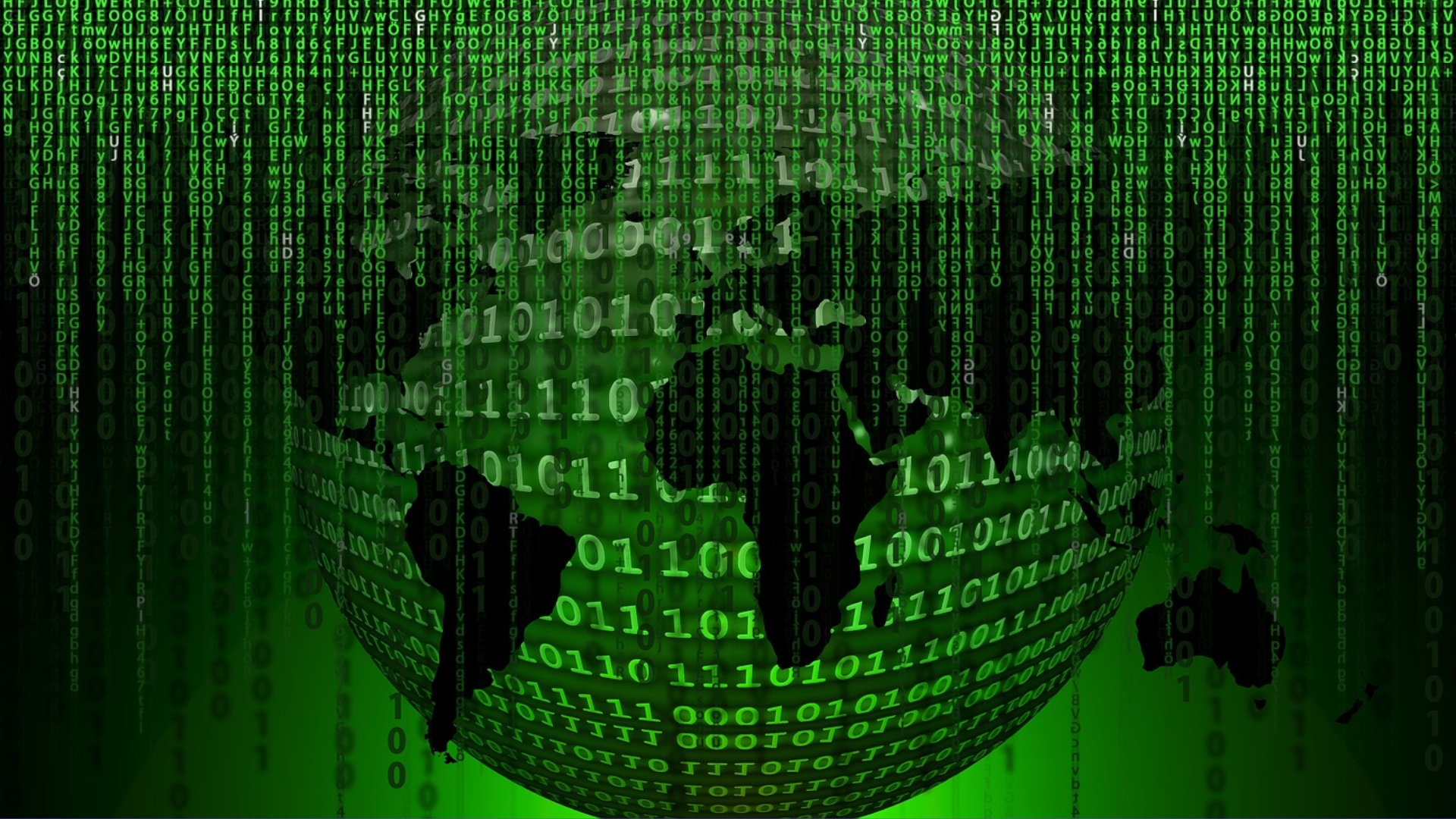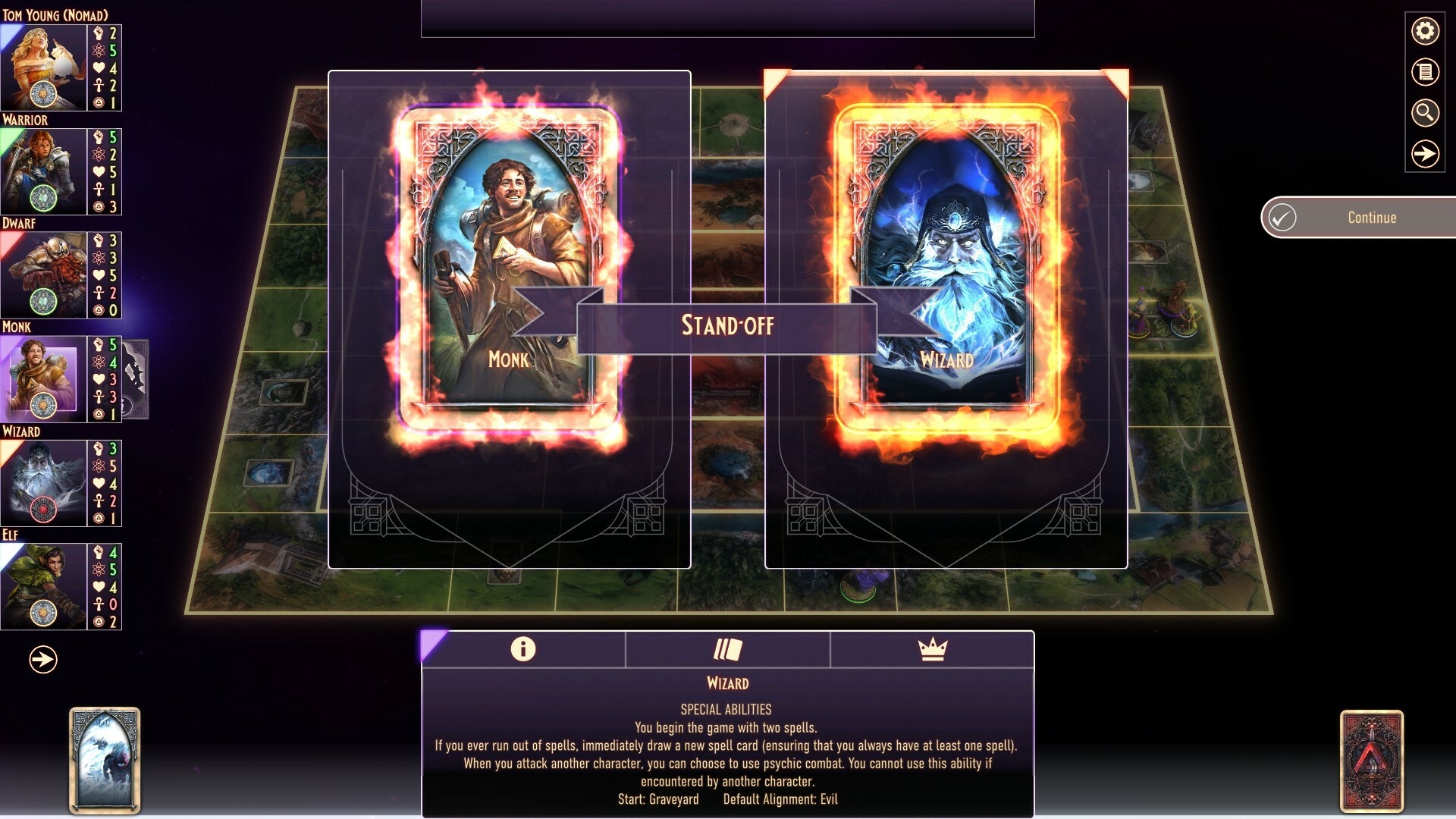Is our reality just a simulation? The question is not new, but has occupied mankind for decades – as the 1997 sci-fi blockbuster Matrix proves.
But there could be more to the question than just a damn good script. So much so that scientists spend a large part of their careers on the question. One of them is the physicist Melvin M. Vopson. He is researching a method to prove definitively that our reality is just a computer program.
He explains why he considers it possible that our universe is only simulated at five different points.
1. Our universe is made up of information
Computer programs consist of small, indivisible building blocks. With our current binary technology, these are bits that contain a single piece of information: one or zero. But other computer technologies also have such tiny components, such as quantum computers with the qubit.
Great drum roll: Our universe also consists of this basic information on which everything is built. The famous physicist John Archibald Wheeler already showed this in 1989 in his very readable paper Inf ormation, Physics, Quantum: The Search for Links
In it, he argues that all questions in the universe can be answered yes or no if you ask long enough and dig deep enough. Every physical entity of our universe would be broken down into the simplest of information, yes and no – which would make our reality not unlike a computer program.
He coined the idea that our world consists only of information: the physicist John Archibald Wheeler.
2. Our universe offers exactly the right parameters for life
How is it that our universe is constructed in such a way that life is possible?
One theory that provides a non-Matrix answer to this is that of the multiverse, which contains infinite universes. With limitless attempts, a universe will eventually emerge in which all the stars are in a favorable position. And we are fortunate to be in this very universe.
But our existence does not have to be a pure numbers game. It would also be possible that someone in the background was setting the right course all along.
Speaking of setting the right course: deleting a small second could soon save companies millions.
more on the subject
A problem with the calculation of time has cost millions for years
3. In our universe, a matrix-enabled civilization is more than probable
Chances are good that there are races in our universe that are technologically vastly superior to us. Almost as good is the chance that at least one civilization in outer space has the ability to simulate something as complex as our reality.
We as humanity are already well on the way to recreating larger and larger parts of our everyday life on the computer. The keyword here is digital twin. Is it so inconceivable that we find ourselves in such a program? Who knows, maybe it will even be future humanity that will use us to make predictions in their everyday lives?
4. Our universe has a maximum speed
Nothing is faster than light. We as humanity already have protons accelerated to 99.988 percent of the speed of light. But we will probably never reach the limit.
Why does this speed limit even exist? The theory of the universe as simulation provides a possible answer. Because in a simulation, the maximum speed would be limited by the clock rate of the processor. Data could not be moving faster than the processor is fetching information.
The speed of light as the limit for speed would therefore correspond to the clock of the processor that creates our reality.
5. Quantum mechanics suits Vopson
Attention, it will be theoretical! A theory to explain physical phenomena is quantum mechanics. She deals with the behavior of matter at the smallest level, so-called quanta.
A special feature of these quanta is that we can only determine their exact location if we look at it. Otherwise, only a probability can be specified.
Vopson sees a similarity here to virtual reality, where things only happen when a user or programmer uses the simulation.
link to Podcast Content
In addition, so-called entanglements occur with quanta
Nevertheless, Vopson’s argument is exciting: According to this, linked data would be much closer together on a computer than in the simulated environment. If these are rewritten on the hardware, they do not first have to travel through the simulation at the speed of light, but only be transferred from one location in the processor or memory to another.
So what about the reasons that speak for a simulated reality? That’s exactly what Vopson wants to find out now. In order to get the necessary financial support for his experiments, the physicist own crowdfunding campaign on Indiegogo started.
This is intended to provide the necessary tools to implement his great experiment. Because at the University of Portsmouth he wants to search for the tiniest pieces of information that support his thesis of the simulated universe.
Are you now in the mood for even more news that is more reminiscent of science fiction than anything else? Then how about an article about beaming?
More than just science fiction: the Nobel Prize in Physics is strongly reminiscent of the beaming from Star Trek
What do you all mean? Is there any truth to the theory that we are all living in a simulation? Or do you think it’s unlikely that our universe is nothing more than a matrix? And would you like to meet our creators in case of a simulation?
Table of Contents











